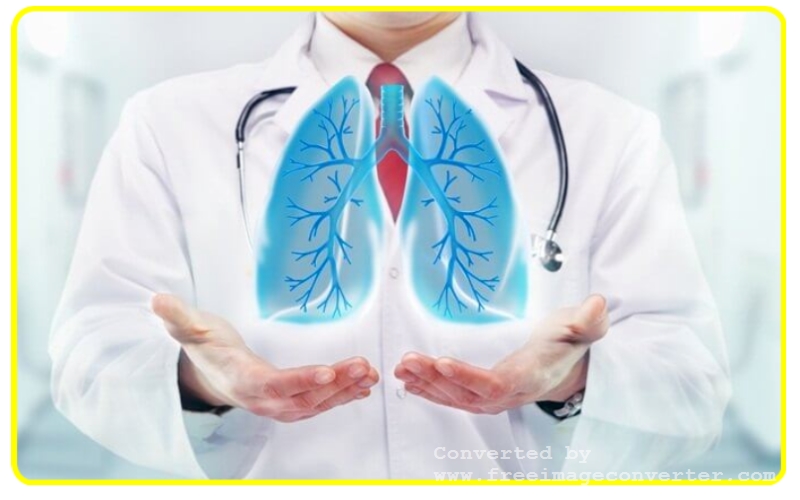Dry cough has been an integral part of our lives for old times, and its incidence increases manifold during the seasonal flu season. A dry cough has several causes, from allergies to viruses, and is unproductive. It comes out of the irritation of the throat and doesn’t have phlegm associated with it. Indian families are used to taking honey and ginger to subside dry cough. Though it does subside over time, if you still suspect a dry cough for many days, then it might indicate pulmonology. It is time to consult a pulmonologist and get things rectified at the earliest.
Alarming causes of dry cough
Most of the time, the causes of dry cough are not merely flu and seasonal changes. There might be a serious underlying cause that presents with a dry cough mask. Some common causes that demand the attention of a pulmonologist are,
- Viral infections like flu, cold, and respiratory viruses
- Allergies like pollen, dust, mites, etc.
- Asthma, which causes inflammation of the airways.
- Pneumonia, bronchitis, and other respiratory tract infections.
- Gastro-esophageal reflux diseases
- Lung conditions like interstitial lung illness
- Exposure to irritants, dust, and chemicals
Symptoms of dry cough
A dry cough is generally determined by a feeling of scratchy sensation and tickle in the throat. It could also be associated with other symptoms such as the following:
- Persistent coughing
- Cough with no mucus and phlegm
- A tickling sensation in the throat
- Hoarseness in the voice
- Need to clear the throat often
- Cough that is aggressive in the night, resulting in sleep disturbances
- Soreness and discomfort in the throat.
If these symptoms are persistent and do not seem to go away easily, it is important to seek help from a doctor who specializes in pulmonology.
FAQ:
What is pulmonology?
Pulmonology is a medical specialty that deals with diagnosing and treating diseases that affect the respiratory system. All the pulmonological disorders and respiratory system problems are managed and treated by a pulmonologist that is from the windpipe to the lungs.
When to consult a pulmonologist?
If the dry cough is because of seasonal flu, then it might go off with home remedies. But if a dry cough is due to an underlying disease condition like COVID-19, allergies, asthma, etc, it is mandatory to visit the pulmonology department. A pulmonologist will be able to diagnose the condition accurately and offer accurate treatment. In case, the dry cough is due to a chronic respiratory disease, they can treat the condition accordingly.
If you suffer from symptoms such as difficulty in breathing, wheezing, or trouble sleeping, then it is important to visit the pulmonologist. It is also important to rush to the pulmonology emergency unit if you suffer difficulty breathing, chest pain, and bloody phlegm with a dry cough.
What are the tips to prevent dry coughs?
Some good ways to prevent a dry cough are to keep the throat moist and to drink plenty of water. Understanding the underlying cause of dry cough and treating the condition accordingly with the help of a medical practitioner is mandatory. It is important to eliminate environmental irritants by making use of a cool-mist humidifier. We have to vacuum the room frequently to get rid of the dust, and also to get rid of pet dander and hair. People who suffer from dry cough should avoid foods that are high in histamines, such as pickles, cheese, and alcohol.
Bottom Line:
Some of the best hospitals in India offer expert pulmonology care for dry cough and associated symptoms. They have the best team of pulmonologists and internal medicine specialists who can handle patients with multiple respiratory issues easily. They also have advanced technologies and treatment options to diagnose the root cause and treat the dry cough effectively.


